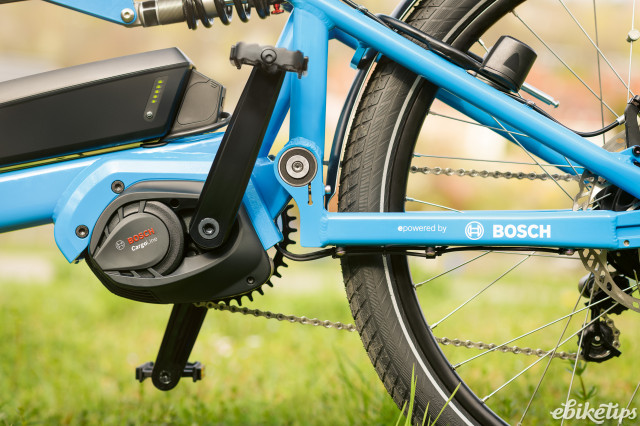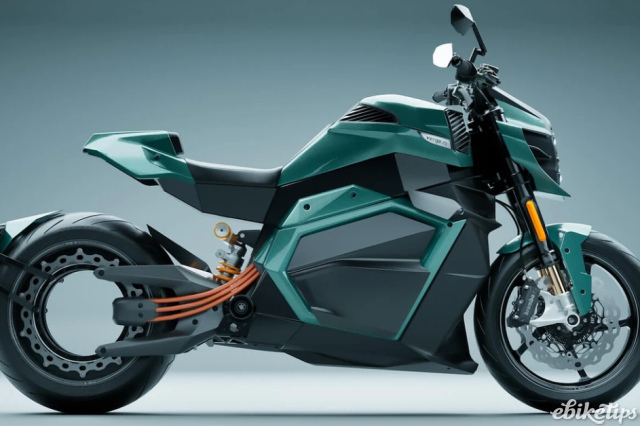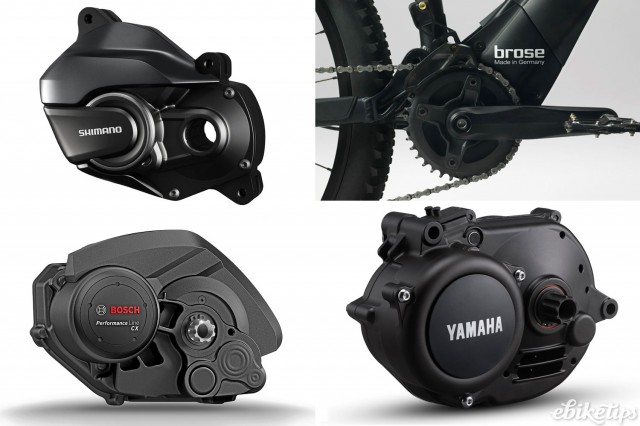If you still wish e-bikes would go for longer without having to charge them or think the batteries are a bit too big an unsightly, you might be pleased about the latest news coming from the Bosch HQ - they're investing a whopping 1 billion euros into new microchip technology that could make Bosch-powered e-bikes and cars rangier, and decrease the battery sizes.
Bosch 10th anniversary launch: new motors, batteries and more
e-MTB mid motor shootout
The new microchips developed by Bosch are made out of a material called silicon carbide (SiC), that the electronics giant describe as "an extraordinary material that will set the pace in power electronics". SiC has existed for quite some time, but this might be the first time they've been applied to e-bike systems.
Electric cars and e-bikes all feature semiconductors nowadays, however these new microchips from Bosch have improved electrical conductivity. This allows for higher switching frequencies while also ensuring that much less heat energy is dissipated. Harold Kroeger of Bosch says: “Silicon carbide semiconductors bring more power to electric motors. For motorists, this means a 6 percent increase in range.”
“It all begins with additional carbon atoms, which are introduced into the crystalline structure of the ultra-pure silicon used to manufacture semiconductors. The chemical bond created in this way turns the semiconductor chips into real powerhouses. Especially for applications in electric and hybrid vehicles, this means many advantages. In power electronics, they ensure that 50 percent less energy is lost in the form of heat. This saving translates into more efficient power electronics and more energy for the electric motor and therefore for the battery range.”
Bosch also say the silicon carbide construction will also make it possible to make batteries smaller without decreasing the range; this in turn will make the batteries less expensive to produce, and savings could be passed on.
Bosch's billion euro cash injection into the tech is their largest single investment they've ever made in the company's history, and production of the new microchips is set to begin in spring 2020.





